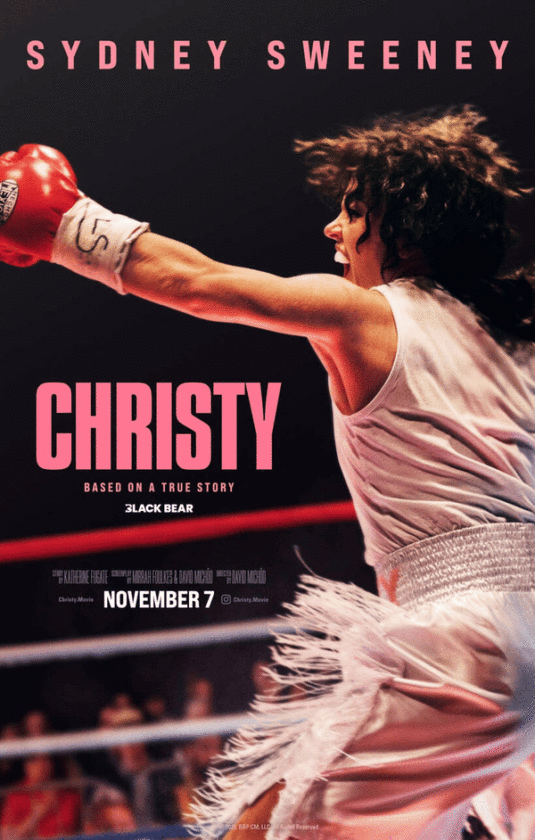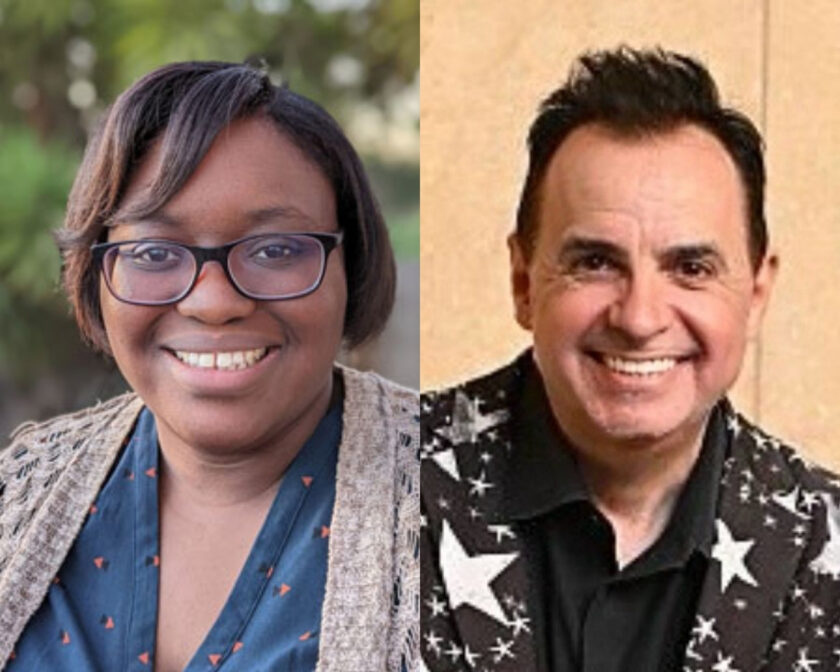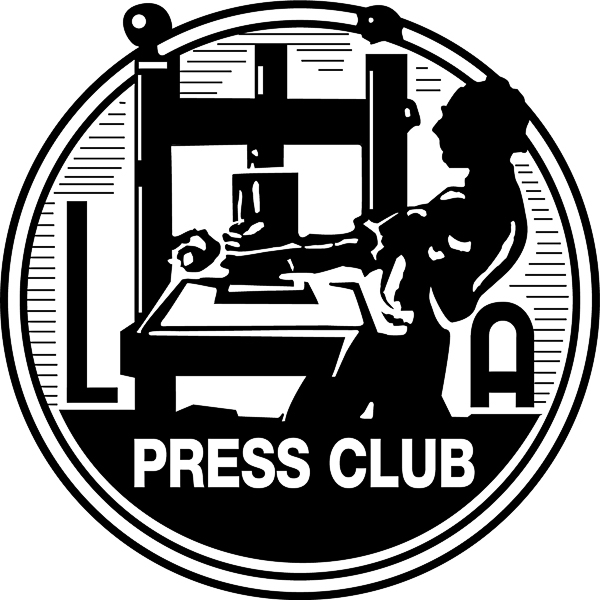Sunday, October 17, 2004 8:44 PM
BY JILL STEWART
When NewYork Times journalist John Tierney surveyed 153 reporters at the Democratic National Convention, he found that journalists are heavily Democrat. Of 153 reporters surveyed, those outside Washington D.C. preferred John Kerry over George W. Bush by 3-1. Beltway reporters went with Kerry by 12 to 1.
But does this mean the media is biased in its actual coverage? And if so, what form does it take and what can be done? Former Los Angeles Times editor and reporter Bob Baker oversaw a lively and sometimes angry discussion of those issues at the Press Club’s Sept. 8 panel on media bias. Longtime Democratic strategist Susan Estrich, a counter-commentator on conservative Fox News, said that while she thinks the media is liberally biased in its news pages, the media is conservatively biased in its commentary pages.
One of her key concerns is that news reporters purposely obscure the motives of unnamed sources. Estrich, who has advised the Kerry cam- paign, says it is routine for reporters to call her for anonymous quotes and assure her, “You can be anything you want: an old friend of Kerry, a strategist, an insider.”
Baker said newspapers keep pledging to more clearly explain the possible biases or motives of their anonymous sources, “but it doesn’t stop.”
In addition, Estrich said too many reporters are letting analysis creep into their news reports because they are vying for broadcast fame or lucrative speaking engagements, hurting their ability to be unbiased.
Panelist Charles Wiley, of the liberally-ori- ented group Accuracy In Media, was particularly critical of analysis that is labeled as straight news. Whether liberal or conserva- tive, “Your job is to report what I said, not what you think I said,” Wiley declared. He said journalists are the proxy for the public “when the public couldn’t be here.” Wiley’s view drew a rebuke from liberal political science professor Peter Dreier of Occidental College. Dreier said that five decades ago, Sen. Joseph McCarthy was able to manipulate the media, accusing inno- cent people of being Communists, because journalists merely repeated his allegations. Said Dreier: “That is stenography.”
However, Dreier drew loud boos from the audience of about 40 when he then person- ally attacked Wiley, saying, “But you probably agree with McCarthy!”
Dreier contended that the media is actually conservatively biased, not liberally biased. He drew loud guffaws, however, when as an example of conservative bias Dreier declared that U.S. journalists have “rolled over and played dead on the rebuilding of Iraq.”
Panelist Andrew Breitbart, an author and conservative contributor to the Drudge Report, said “new media” have begun acting as “a correcting force” against newspapers and television networks that Breitbart argued are dominated by Democrats and liberals.
Seeming to forecast the Dan Rather controversy over forged documents, a story which had not yet broken, Breitbart insisted:“Bloggers are breaking the news and then saying, ‘when is the media going to pick up on this?’ ”
Baker noted that whether a journalist is conservative or liberal, too much news has now become analysis. Holding up a fresh news story on the elections, Baker noted: “40 percent of this story is ‘context’—-not telling us what happened, but analyzing for us.” (In fact, Baker’s own web- site delves into the “context” problem in straight news. The link is http://newsthinking.com/ story.cfm?SID=196).
Breitbart echoed the general view of the panelists that news reporting today is too often closer to commentary, which panelists agreed should only appear as clearly marked commentary or on the opinion page. “Commentators are not the problem,” he summed up. “Reporters are the problem.”
NOTE: Audio soundbites from this panel will soon be available online at www.lapressclub.org. Swedish radio journalist Claes Andreasson, who recorded the event, has offered interesting audio snippets plus accompanying photos.
How to Grasp and Cover “The
Initiatives”
Do most reporters have a clue what the blizzard of ballot measures on the November ballot contain, what effect they are likely to have, and what California voters might decide to do about them? What Law of Unintended Consequences might result? And what’s up with tribal gaming?
Top California political and media analysts will try to explain it all at the Los Angeles Press Club on Oct. 14, at our preelection panel, “The Initiatives,” moderated by Press Club board member and political
columnist Jill Stewart. As always, cocktails at 6:30 pm, discussion at 7:30 pm.
Confirmed panelists include Anthony York, editor of the award-winning Sacramento newsletter “Political Pulse,” and one of the most respected political analysts and journalists in California. Also expected to attend are a top California pollster, as well as experts on Propositions 68 and 70, the Indian gaming measures. Some panelists may change if election events intercede.



